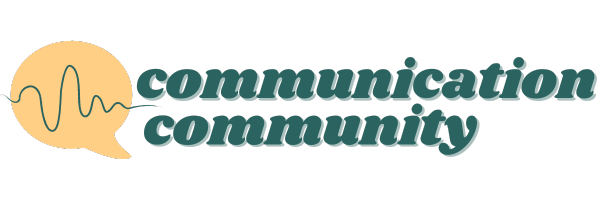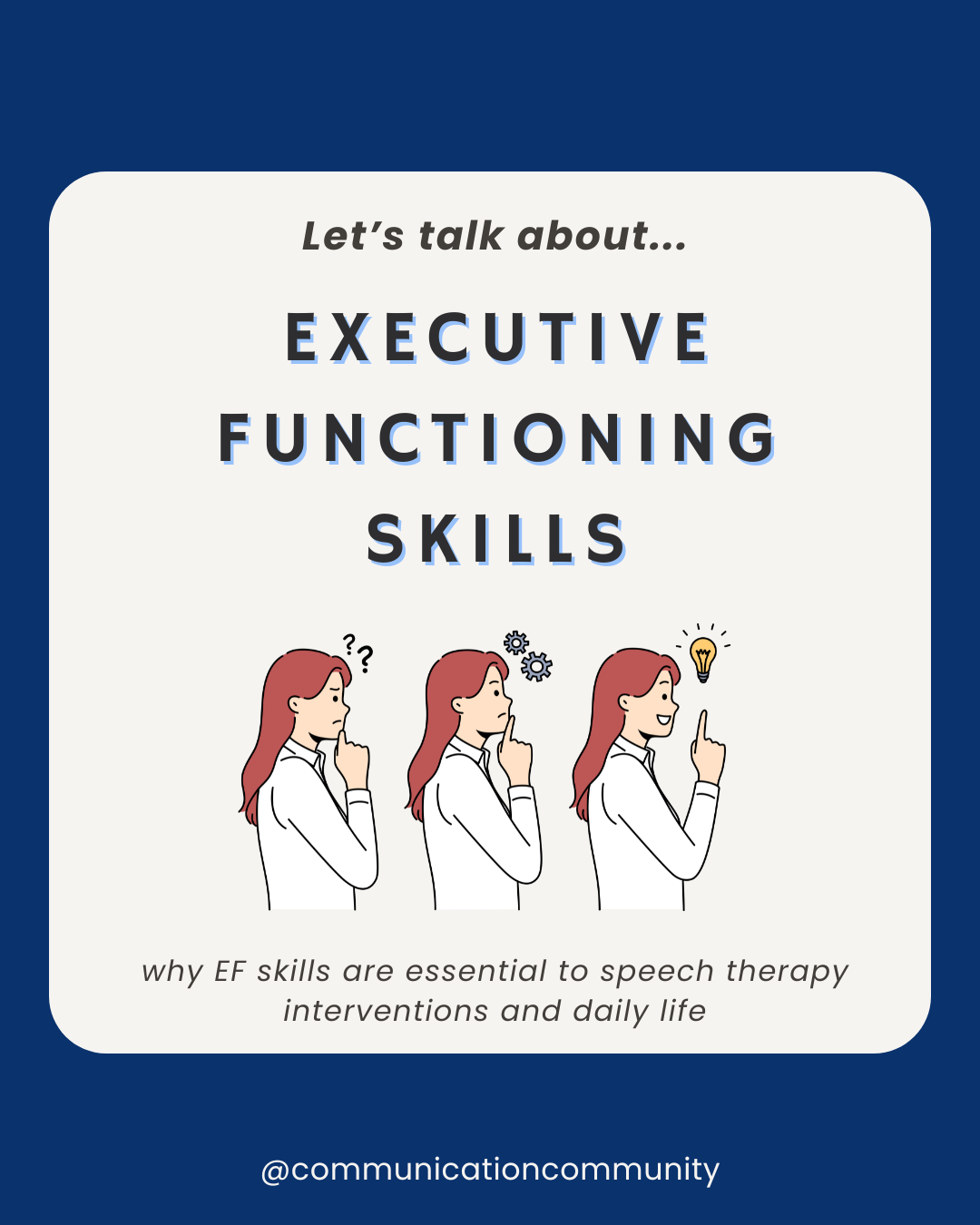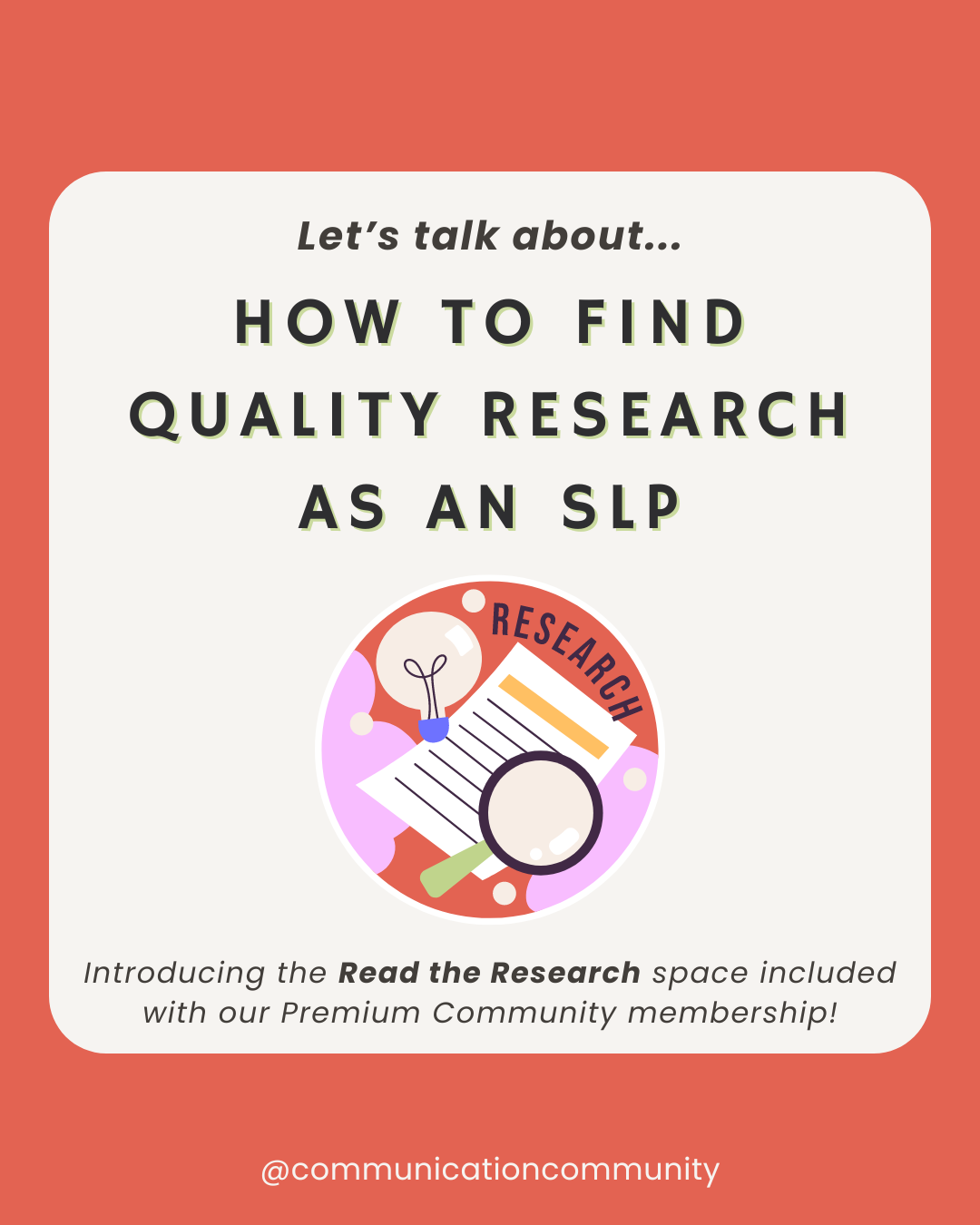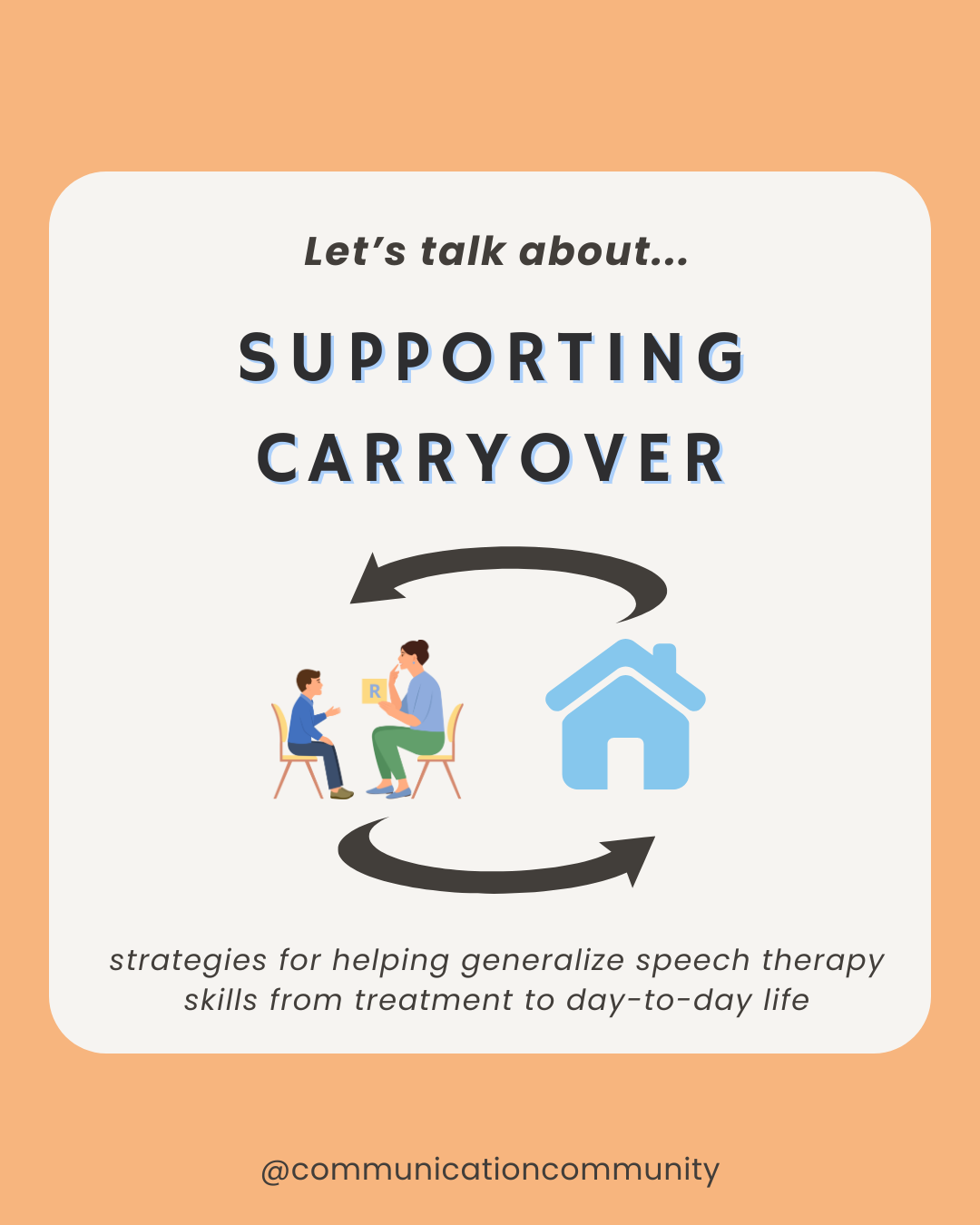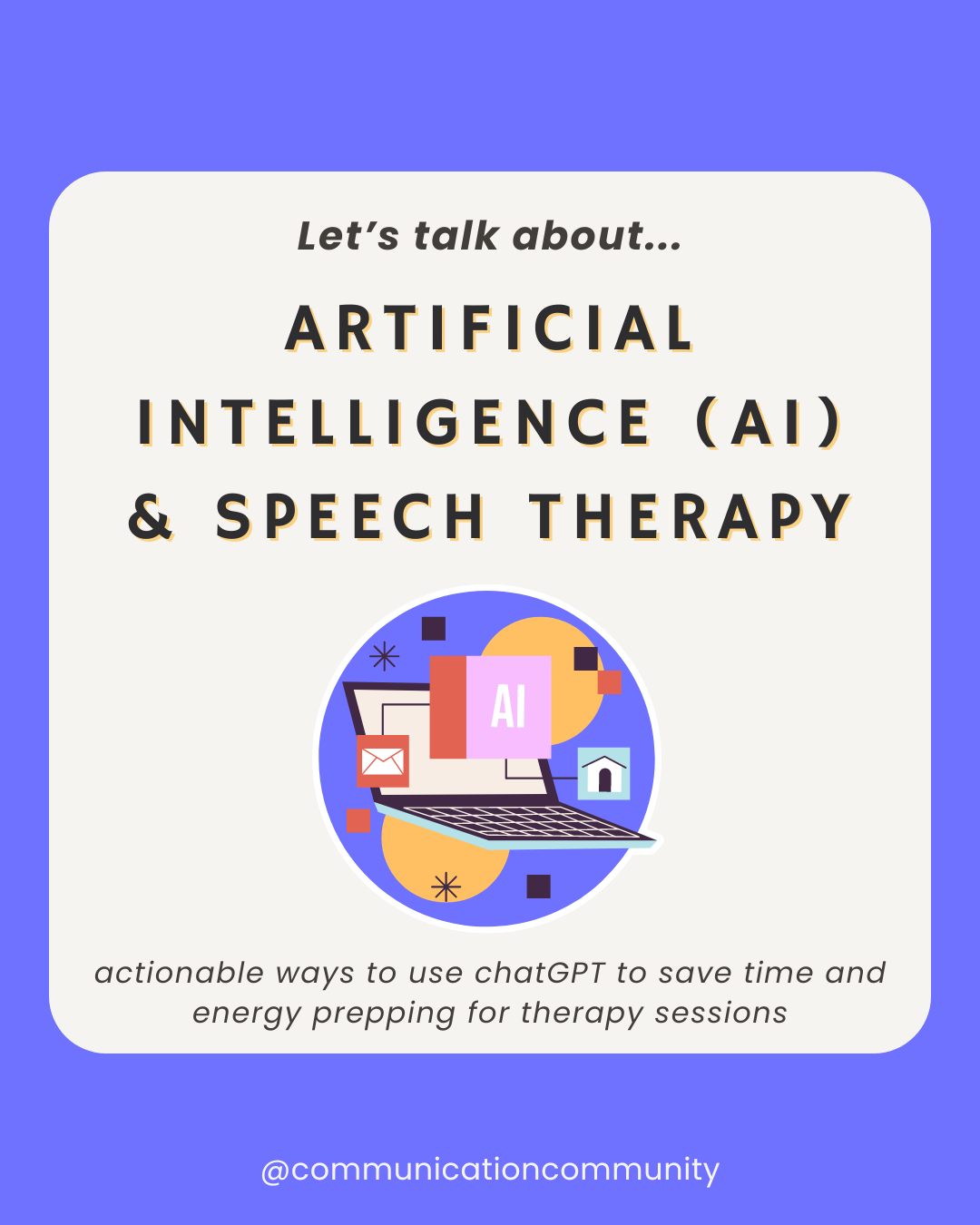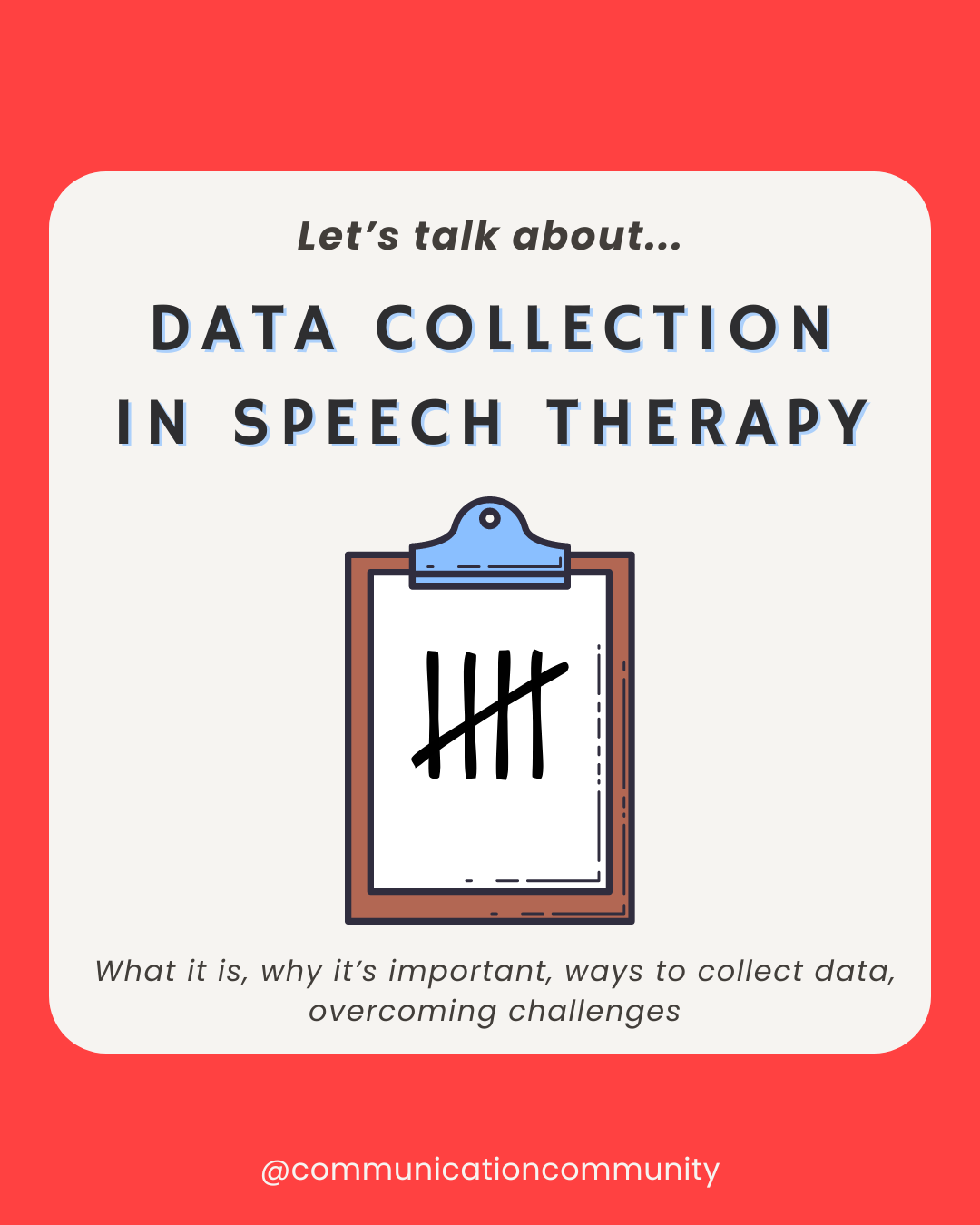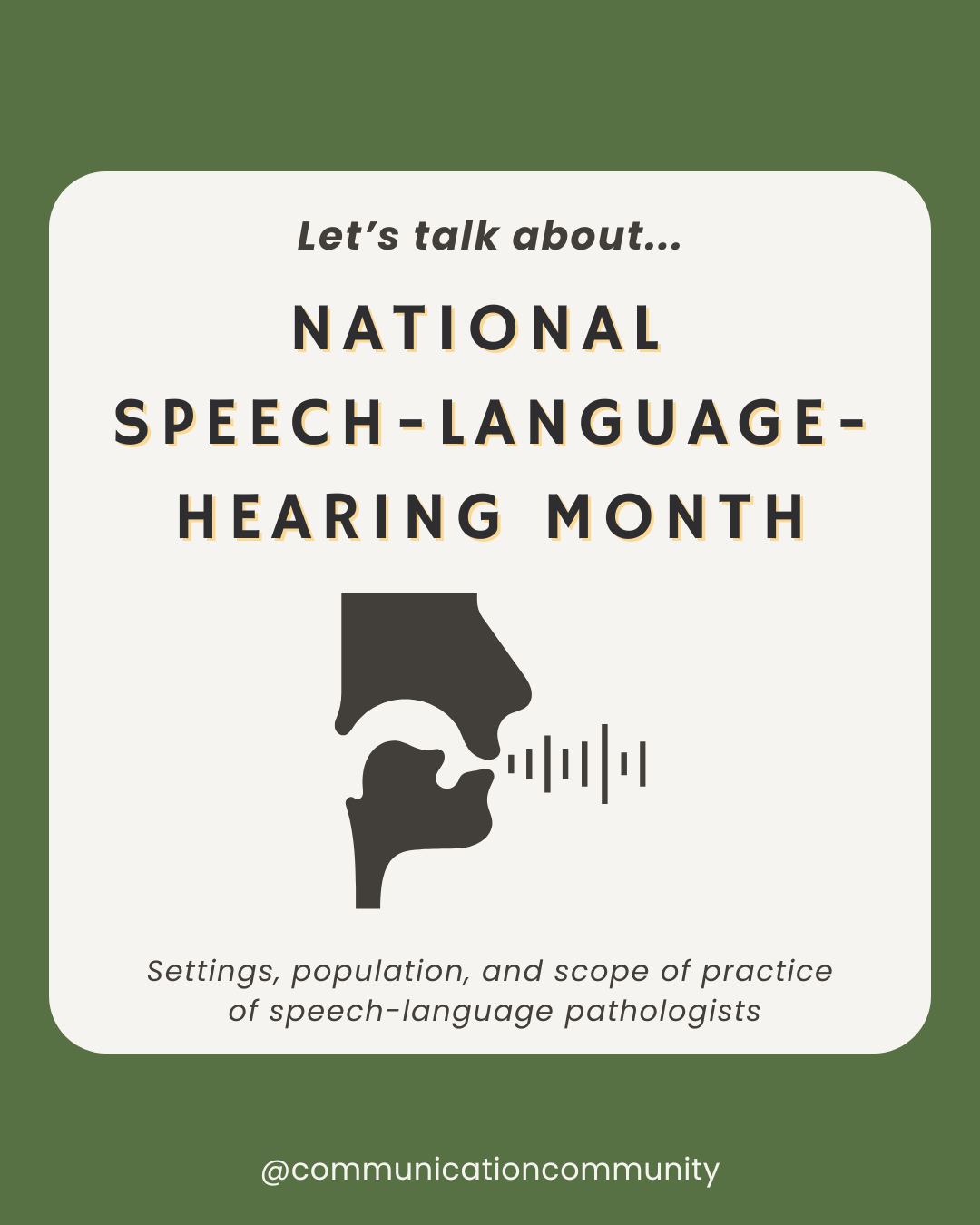In the realm of speech-language pathology, a critical but sometimes overlooked component is executive functioning, a set of cognitive processes that include working memory, flexible thinking, and self-control. These components are not only essential during the delivery of speech therapy services but also vitally important in daily life.
Understanding the relationship between executive functioning and speech therapy is essential for clinicians who aim to provide comprehensive care. This article explores why executive functioning is integral to speech therapy and beyond, and how incorporating it into treatment plans can enhance outcomes for clients.
What is Executive Functioning?
Executive functioning refers to the brain's ability to act like a command center. It involves processes that manage, control, and regulate one’s cognitive, emotional, and behavioral functions.
Key components of executive functioning include:
- Working Memory - the ability to hold and manipulate information over short periods.
- Cognitive Flexibility - the capacity to adapt to shifting stimuli or perspectives.
- Inhibitory Control - the skill to suppress impulses and distractions.
These skills are critical in everyday decision-making, problem-solving, and behavior management.
⭐Are you an SLP looking for executive functioning resources?
Inside our Premium Membership Community, we have an entire resource space designated to executive functioning & self-determination (among $1000 worth of other digital materials/resources). Some of these include:
⭐Graphic organizers and templates, problem solving resources, self-reflection questionnaires, a self-determination comprehensive goal bank, and SO much more!

Link Between Executive Functioning, Speech-Language Therapy, and Academic Performance
Research has demonstrated a significant link between executive functioning and academic performance. According to an article published in the American Journal of Speech-Language Pathology, executive functions play a crucial role in academic success across all ages; impacting students throughout their early elementary years to adolescence (Senter & Chow, 2023).
Senter and Chow (2023) go on to discuss that speech-language pathologists (SLPs) play a significant role in addressing these deficits, which are common in disorders such as ADHD and acquired brain injury, and also in less recognized comorbid conditions like developmental language disorder (DLD) and autism spectrum disorder (ASD).
SLPs observe that addressing executive functions within therapy can markedly improve a client’s communication skills and academic participation.
The value of working memory: an academic example
In academic settings, working memory plays a pivotal role in reading comprehension and problem-solving. Improved working memory allows students to hold and manipulate information while they read, helping them to understand and integrate new information with what they already know. This is essential for answering questions about a text, making inferences, and summarizing information (also areas frequently targeted within speech therapy). In mathematics, working memory enhancement aids in the ability to hold numbers in mind while solving complex problems that involve multiple steps, such as long division or solving equations. By boosting working memory, students can improve their academic performance across a range of subjects, leading to better learning outcomes and greater confidence in their abilities.
The value of cognitive flexibility: a speech therapy example
In speech therapy, enhancing cognitive flexibility can empower individuals to manage everyday tasks and decision-making more independently. This skill is crucial for shifting perspectives, interpreting instructions, and solving problems that may arise in daily life; areas that are essential for developing practical life skills. By fostering cognitive flexibility, individuals can better adapt their communication and reasoning in various situations, from following a recipe to responding to unexpected changes in their routine. This adaptability not only improves their ability to communicate with greater independence but also boosts their confidence in handling new challenges across different contexts and settings.
The value of inhibitory control: a real-life example
Another essential executive function is inhibitory control, which enables an individual to regulate their impulses and distractions, aiding in task completion and behavioral regulation. This ability to suppress initial desires or impulses and switch focus is also applicable in adult work environments, where individuals may need to stop working on a personal interest project to attend a mandatory meeting or shift to a high-priority task as directed by a supervisor. In these situations, strong inhibitory control helps maintain professionalism and adherence to organizational priorities, enhancing overall job performance and adaptability.
Executive Functioning in Speech Therapy Practice
Incorporating executive functioning into speech therapy involves several strategies:
- Assessment - Comprehensive assessments can help identify executive functioning deficits that may be contributing to speech and language issues. Standardized tests and observational checklists, such as the McCloskey Executive Functions Scale (MEFS), can be utilized to evaluate components like working memory and attention.
- Goal Setting - Effective therapy may include setting specific goals related to both speech/language and executive functions. For example, an SLP might work on a child’s ability to plan and organize their thoughts to improve narrative skills.
- Integrated Interventions - Therapies that combine speech-language goals with executive functioning tasks can be beneficial. Techniques such as verbal working memory tasks and exercises that focus on cognitive flexibility (e.g., categorizing words in different ways) can reinforce both speech and executive skills.
- Collaboration - SLPs often work closely with teachers, parents, and other therapists. Sharing strategies that support executive functioning development can lead to more consistent reinforcement and quicker progress.
Benefits of integrating executive functioning in speech therapy
The benefits of integrating executive functioning into speech therapy are substantial:
- Enhanced Communication Skills - Executive functioning areas like organizing thoughts and regulating behavior can lead to improvements in various areas, such as speech intelligibility (via articulation/phonological interventions) or communicating feelings and emotional states.
- Academic Improvement - Many academic difficulties are tied to executive functioning deficits. Speech therapy that includes executive functioning targets can help improve various essential areas such as literacy skills.
- Broader Life Skills - Executive functioning skills are vital across all areas of life, supporting everything from social interactions to independent living.
The integration of executive functioning into speech therapy is not merely an enhancement—it is essential. Addressing executive functioning within treatment leads to more holistic care and better outcomes for clients with speech and language delays/disorders. As research continues to unfold, the importance of executive functioning in speech therapy gains further acknowledgment, paving the way for innovative treatments that offer profound benefits in both communication and daily living skills.
References/Further Resources:
American Speech-Language-Hearing Association. (n.d.). Executive function deficits. ASHA Practice Portal. Retrieved April 22, 2024, from https://www.asha.org/practice-portal/clinical-topics/executive-function-deficits/
Center on the Developing Child at Harvard University. (n.d.). Executive function & self-regulation. Retrieved April 22, 2024, from https://developingchild.harvard.edu/science/key-concepts/executive-function/
Fahy, J. K., & Richard, G. J. (2017). The Source for Development of Executive Functions (2nd ed.). Austin, TX: PRO-ED Inc.
Marini, A., Piccolo, B., Taverna, L., Berginc, M., & Ozbič, M. (2020). The complex relation between executive functions and language in preschoolers with Developmental Language Disorders. International journal of environmental research and public health, 17(5), 1772.
Prath, S. (2019). Helping Students With Executive Functions—What Is Our Role as SLPs? SLPs can help students and teachers understand what executive function skills are and why they’re key for academic success.
Senter, R., & Chow, J. C. (2023). A Mixed-Methods Analysis of Speech-Language Pathologists' Executive Function Services. American Journal of Speech-Language Pathology, 32(6), 2734-2751.
Sumpter, T. (2021). Seeds of Learning. Las Vegas, NV, United States of America
